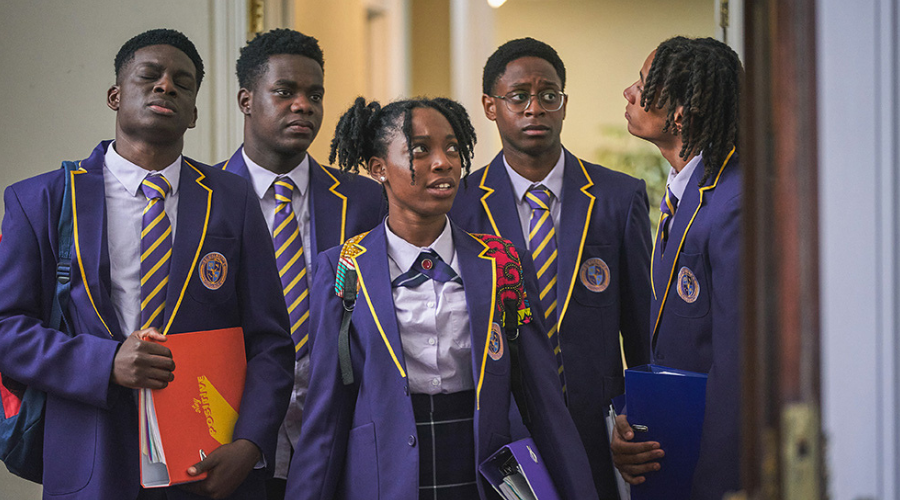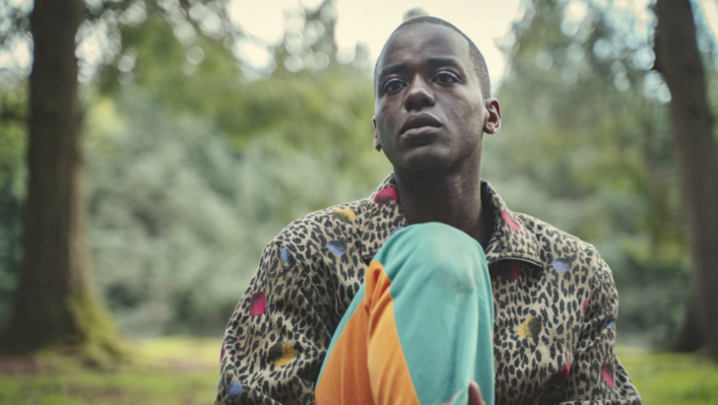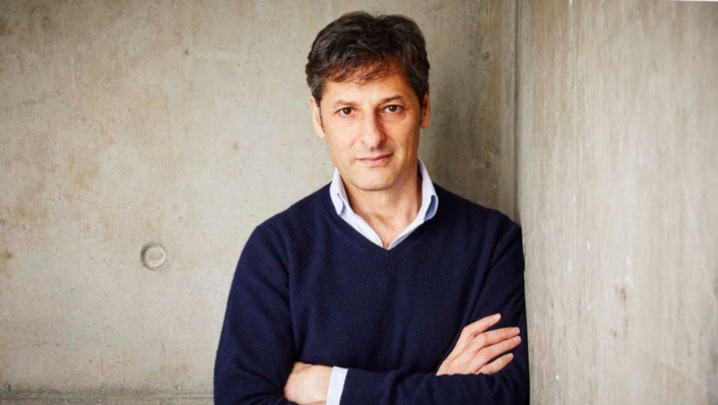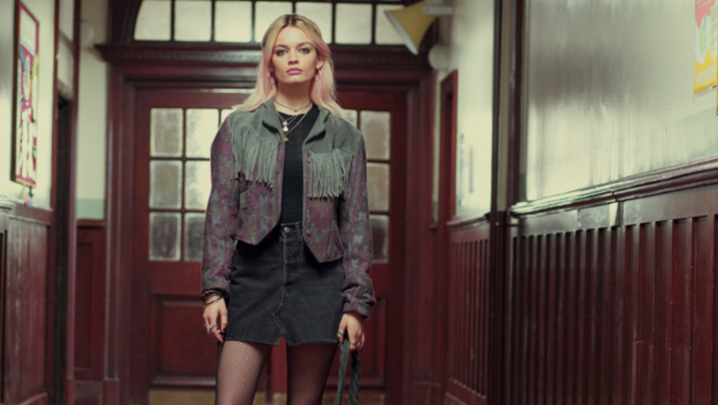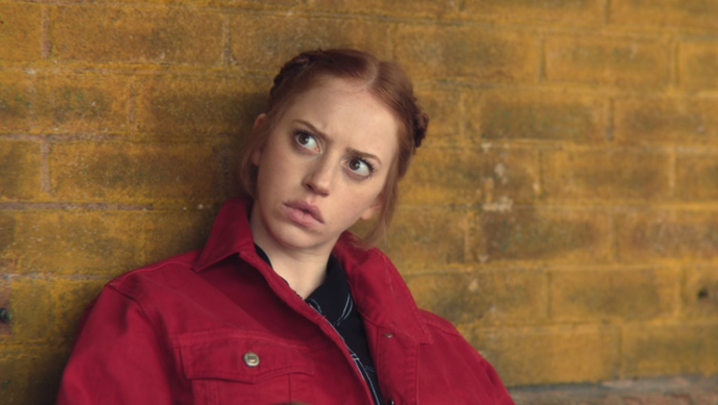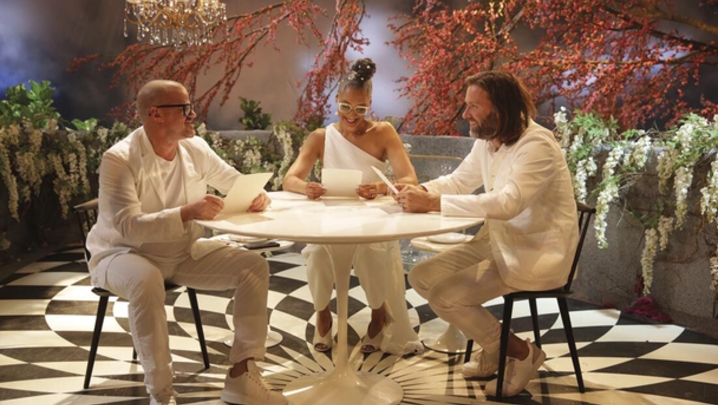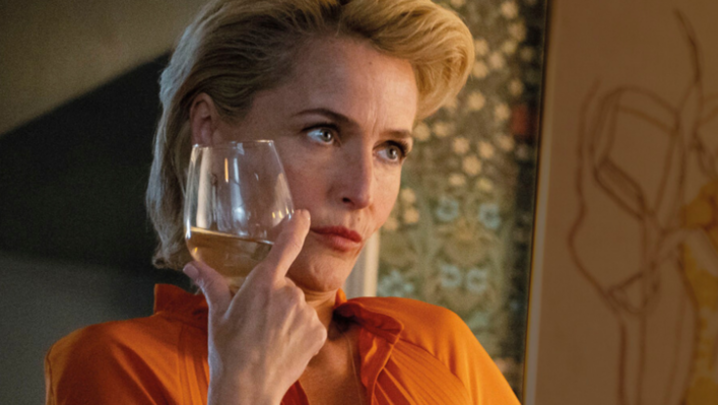A group of inner-city black teenagers join an elite public school in new BBC Three comedy-drama Boarders. Shilpa Ganatra sits in the class.
As five scholarship students nervously enter their prestigious new boarding school, mentor Gus – played by the show’s writer and creator, Daniel Lawrence Taylor – offers some wise words: “Don’t be who they expect you to be.” Our leads duly oblige, and that motto applies to Boarders itself. Entering unusual territory in television, the culture-clash series roams freely between high laughs, subtle observations and heavy drama, surprising us every step of the way.
Like Sex Education, Derry Girls and The End of the F***ing World, BBC Three’s Boarders is a coming-of-age show grappling with the trials of teenage life. Only here, it’s compounded by the promising fivesome – Jaheim (Josh Tedeku), Leah (Jodie Campbell), Omar (Myles Kamwendo), Toby (Sekou Diaby) and Femi (Aruna Jalloh) – leaving their disadvantaged lives in Lewisham behind for the privileged portals of St Gilbert’s School.
Following a press scandal that forces the school to modernise, if only as a PR exercise, the school welcomes our academically promising protagonists, who are laden with street smarts. Their biggest challenge is to crack the school’s cultural code and overcome their stereotypes. “Bro, I’ve already been asked if I sell weed,” bemoans languages ace Toby, just minutes after arriving.
The creator of Timewasters, an ITV2 comedy that followed a south London jazz band time travelling to the 1920s, Lawrence Taylor was inspired to write Boarders after reading a newspaper article about a group of young black men who were sent to Rugby, one of Britain’s top public schools.
The experience of these real-life boarders resonated with his experience of studying at London University’s Royal Holloway, “which is predominantly white, very middle class”, he says. “My brothers are teachers, and we constantly talk about young black kids in the British education system, so I felt it was something I could delve into. The set-up was also the perfect fish-out-of-water story, and ripe for comedy and drama.”
The six-part series is crammed with storylines that range from the flippant (such as Femi’s high jinks with “The Rah’scals” gang) to the serious, like the attack on Jaheim by arch bully Rupert (Harry Gilby).
Throughout, the drama engages with the complexities of the culture clash, and what happens when institutions deliver diversity initiatives without structural support. And, in common with Netflix’s movie Saltburn, Boarders gently lampoons upper-class mores. “The wealth gap is getting bigger and the power struggle between the classes has never been more noticeable,” says Lawrence Taylor. “Art will always speak to the times.”
Boarders’ contemporary setting made it an appropriate choice for Studio Lambert, the reality specialist whose most recent hit is The Traitors. Explains executive producer Maddie Sinclair: “The way Daniel approaches character and story is to always find that vein of humour, and that felt like an appealing way to get into these topics and themes.
“I saw it as a piece that has something to say, that’s a relatable coming-of-age piece, with a very clear premise. It also had that lovely tonal shift of pace from quite intense drama to comedy.”
Once BBC Three greenlit the series in February 2022, the production team put together several writers rooms, all led by Lawrence Taylor.
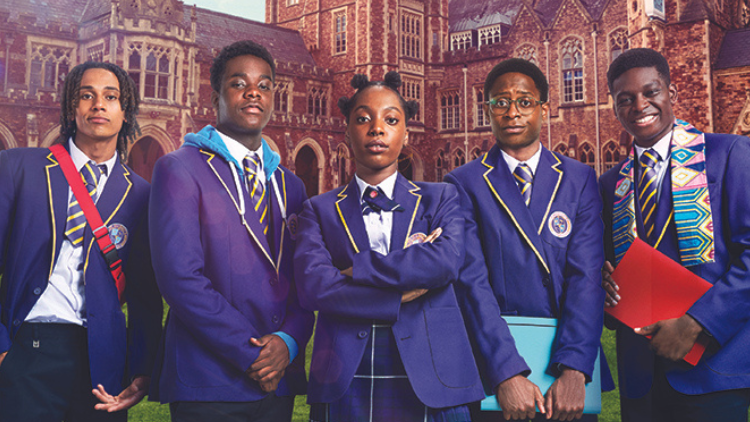
Sinclair recalls: “The writers had all done television work before, but it felt like a training ground. Daniel was a supportive lead writer, and clear what he wanted. It was a very collaborative safe space for writers on their way up.”
With their breadth of ages, backgrounds and experiences, the writers took ownership of each character and added depth to the storylines. “For example, you’ll see that all the characters deal with the school differently. Jaheim fights against it, Toby tries to exploit it, Femi tries to be a part of it,” explains Lawrence Taylor.
Ahead of pre-production last March, Ethosheia Hylton (Ackley Bridge, African Queens: Njinga) joined as director. Her main challenge was creating a look and feel that reflected the five lead characters.
“When it came to weaving the comedy and drama together, I didn’t want to play the comedy, I wanted to play the realism,” says Hylton. “The characters are naturally funny because it’s all there in the script, so they didn’t have to try hard.
“For the dramatic moments, I wanted to go for it, and we made it balance in the edit. We reorganised some scenes to fit in with each other, like we see Femi and Leah making headway with the other students just before we see Jaheim attacked by bullies.”
The energetic pace of the camera work is striking, and vibrant colours are juxtaposed against the dark palette of St Gilbert’s buildings.
The final piece of the puzzle was getting the right actors on board. Casting director Rosalie Clayton threw the net wide using both conventional and unconventional routes, says Sinclair, to find the best talent. “Sekou came to us from an ad he put on Twitter. At the time, he didn’t have an agent. Rosalie totally got what we were looking for, so that, by the time the casting tapes came to us, the standard was already high,” she says.
The 12-week shoot took place mostly in Bristol, at a private school outside the city. Sinclair fondly recalls a party scene in a crypt. This tested everyone involved as it was filmed at the ungodly hour of 9:00am. She says: “I’d travelled down from London that morning with Stephen Lambert, who runs Studio Lambert, and he was just, ‘What is this?’. I remember thinking what a fun job this is, that I can find myself in a club at 9:30am in Bristol.”
The result is a series that feels fresh and different not only in its characters and premise, but in the energy it brings to the screen. While it’s impossible to predict the lasting effect of a series, Boarders has all the markings of a show destined to make a real impact.
Says Hylton: “There’s certainly a message for anyone who thinks they don’t have a place in these schools. And a message for young people growing up in areas with gang violence and crime. It shows that there is another world out there, and you don’t have to be a victim to your society.
“Boarders also speaks to people caught between two worlds. For example, Jaheim feels a tight hold to his roots and his friends, but he also wants more. I hope that the example he sets of being confident enough to make those decisions comes across.”
Arguably, Boarders may also help the UK television industry to mature by showing rounded, unstereotypical black lead characters living their best lives regardless of preformed opinions.
Lawrence Taylor says: “There’s still a lot of work to be done in terms of putting more black faces on screen, so seeing five young, talented, black kids who are flawed and feel real is quite important. I’m hoping more of this kind of television happens, and this show helps to move the narrative on.”
Boarders launched on BBC Three last month and is available on BBC iPlayer.

